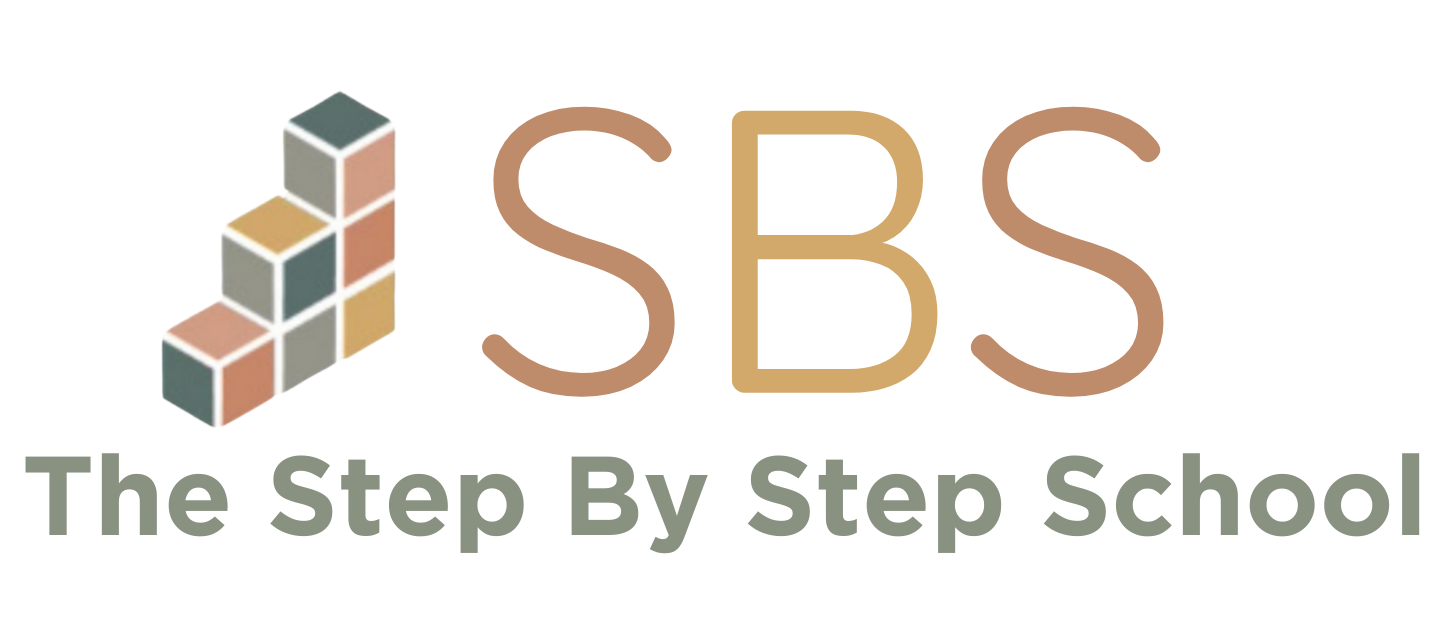Choosing a preschool is one of the most important decisions you’ll make in your child’s early years. A high-quality preschool lays the foundation for future learning, social development, and emotional well-being. With so many options available in places like Hudson and Monroe, it’s natural to feel overwhelmed.
The good news is, when you know what to look for—and what questions to ask—you can feel confident about finding a preschool that fits your child’s needs and your family’s values. Whether you’re considering play-based learning, a structured academic setting, or a blend of both, the key is finding a nurturing, safe, and stimulating environment.
Let’s explore the most important factors to help you choose the right preschool for your child.
1. Start by Defining Your Goals and Priorities
Before touring any preschool, take some time to think about what matters most to you. Do you prefer a more structured academic approach, or do you lean toward child-led play-based learning? Are you looking for full-day care or part-time programs?
Also consider location and convenience. If you’re in Hudson or Monroe, look for preschools that are easily accessible during your commute or near your neighborhood. Local schools may offer community connections that enrich your child’s experience.
Knowing your goals will help narrow down your options and guide your questions during tours.
2. Visit Multiple Preschools and Observe the Environment
A preschool’s physical environment says a lot about its philosophy. When you visit, observe how teachers interact with children. Are they warm, patient, and engaged? Are the classrooms clean, safe, and well-organized?
Children should appear happy, curious, and comfortable. Look for spaces that encourage creativity, offer age-appropriate toys, and include areas for group and solo activities.
In Hudson and Monroe, many preschools have both indoor and outdoor spaces. Ask to see all areas your child will use, including bathrooms and playgrounds.
3. Consider Curriculum and Teaching Approach
Preschools vary widely in how they teach. Some follow the Montessori method, others use Reggio Emilia, and many take a blended approach. Regardless of the model, a quality preschool should promote development in social, emotional, physical, and cognitive areas.
Ask about daily schedules. Are there structured learning times? How much of the day is spent in play versus instruction? A balanced curriculum supports both academic readiness and emotional intelligence.
Look for schools aligned with local early childhood learning standards and that encourage curiosity and problem-solving.
4. Understand Teacher Qualifications and Student Ratios
The quality of a preschool is closely tied to its teachers. Qualified educators with training in early childhood education are more likely to create enriching learning environments. Ask about credentials, experience, and how staff handle discipline and emotional support.
Student-to-teacher ratios are also important. Lower ratios mean more attention for your child. In general, look for ratios around 1:6 for younger preschoolers and 1:8 for older ones.
Preschools in the Hudson and Monroe area often follow state-mandated guidelines, but don’t hesitate to ask how many children are in each classroom and how many teachers are present.
5. Ask About Communication and Parent Involvement
Your relationship with the preschool doesn’t end at drop-off. Regular communication is key to staying informed and involved. Ask how the school keeps parents updated—daily notes, emails, photos, or parent-teacher conferences.
Find out if the preschool encourages parent involvement through volunteer opportunities, events, or open houses. This builds trust and keeps you engaged in your child’s progress.
Schools like The Step by Step School, located in both Hudson and Monroe, prioritize strong communication and offer open lines between families and teachers.
6. Check Safety, Licensing, and Accreditation
Safety should be a top concern. Ensure the preschool is licensed and follows all local health and safety regulations. Ask about emergency procedures, staff background checks, and illness policies.
Some preschools also hold accreditations from organizations like the National Association for the Education of Young Children (NAEYC), which ensures high standards in early education.
Inquire about how the school handles allergies, medication, and illness prevention, especially in group settings.
7. Trust Your Instincts
Even with all the research, don’t ignore your gut feeling. If a preschool meets all your practical criteria but doesn’t “feel right,” it’s okay to keep looking. You’re choosing the first place your child may spend hours without you—your peace of mind matters.
Conversely, a warm, welcoming atmosphere where you feel supported and your child seems happy can mean you’ve found the right fit.
Choosing a Preschool That Fits Your Family
When choosing a preschool, you’re not just picking a school—you’re selecting a partner in your child’s development. The right preschool will help your child gain confidence, build friendships, and develop essential skills for kindergarten and beyond.
If you live in or near Hudson or Monroe, we encourage you to visit our campus at The Step by Step School. We welcome families to tour our classrooms, meet our dedicated teachers, and discover how we support each child’s individual journey.
FAQs About Choosing the Right Preschool
1. What should I look for when choosing a preschool?
Look for a nurturing environment, qualified teachers, a balanced curriculum, clean and safe facilities, and clear communication with parents. Visit the preschool in person and observe how the staff interacts with children.
2. How important is location when choosing a preschool?
Location can make a big difference in daily routines. If you’re in Hudson or Monroe, selecting a local preschool ensures convenience and often connects your child with peers in the same community.
3. What is the ideal age to start preschool?
Most children start between ages 2.5 and 4. Readiness depends on your child’s social, emotional, and physical development, as well as your family’s needs.
4. Should I choose a play-based or academic preschool?
Both have benefits. A quality preschool often blends both approaches. Choose a style that fits your child’s learning style and your educational values.
5. How do I know if a preschool is safe and trustworthy?
Ask about licensing, staff training, emergency procedures, and background checks. Visit the facility and look for clean, secure spaces. Ask for parent references if available.









